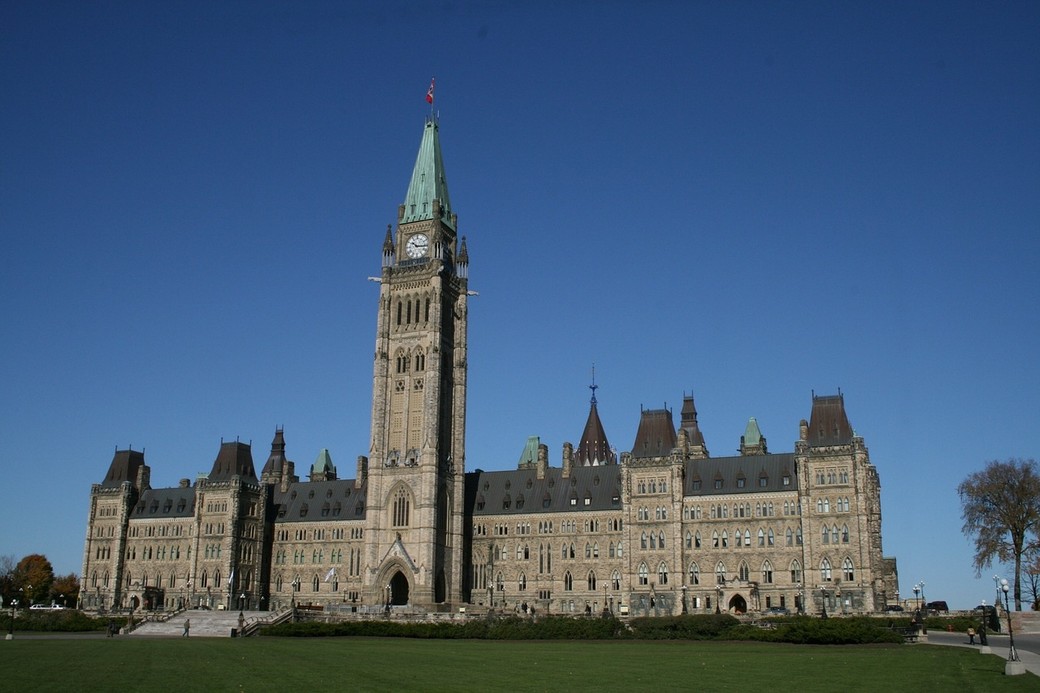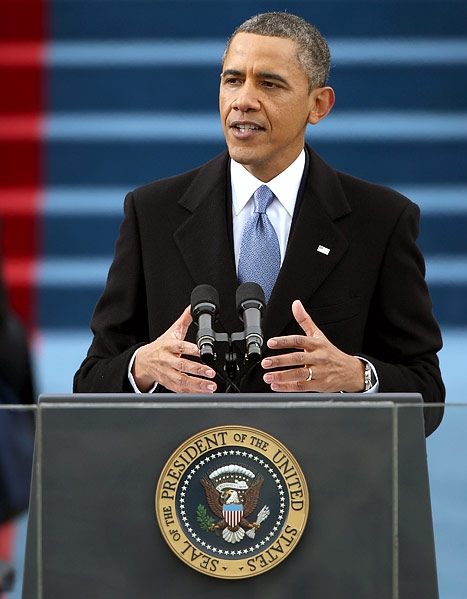
Was The Senate Audit Worth It?
On a cost-benefit basis, probably not
Consider me one of the millions of Canadians offended by the Senate spending scandal. But it’s not for the reason you might think.
The auditor general spent $21 million on this investigation, and found less than $1 million in questionable expenses — out of $180 million worth of expenses investigated. So we, the ever-patient, ever-indulgent taxpayers, spent $21 million to find out that 0.5% of Senate expenses were questionable.
Should we be outraged? Yes, by the dollar cost of the investigation and by the cost to the reputation of Canada’s upper house.
The Senate’s expense rules seemed fuzzy at best, and downright muddled at worst. Many of the 30 Senators named in the report have already written strong defence statements, stating that they believed these to be simple administrative errors, or that the Senate rules, as they stood at the time, allowed the expenses.
Was there premeditated wrong-doing?
It’s quite easy to say, yes, there was. There are three senators facing charges, with another nine being referred to the RCMP. There are also 21 senators and former senators named who were referred to the Internal Economy Committee. However, 12 of these senators were reported for questionable expenses of under $11,000.
Perhaps much of it comes down to a grandiose sense of entitlement. Anyone who overnight becomes known as “The Honourable Senator” to everyone around them is bound to develop a somewhat grandiose sense of self. Add to that staff members who are often young and easily impressed by the aura of power that surrounds the Senate, and I doubt anyone would not feel a bit more self-important than the “great unwashed.”
This is not a unilateral defence of the Senate. There was a distinct need for expense reform within the Red Chamber. And perhaps it was necessary to bring in a third-party body to expose irregularities and enforce the Senate to tighten up its own rules. It may have been the only way. But it was also an incredibly pricey way.
The cost to Canadian taxpayers seems out of ratio with the benefit we will receive. And the Senate, which has actually done some very good work in researching and advocating for important social issues (palliative care, mental health, etc.) — but is terrible at communicating this good work and impact — will be irreparably damaged for years, perhaps decades to come.
Or perhaps this will be a tempest in a teacup and will blow over, just as many other spending scandals have in the past. Remember the Tories’ $50 million G8/G20 spending spree in Muskoka?
But we do know that pricey audits and commissions can have real political consequences. The Liberal Adscam scandal led to the $14 million Gomery Commission. In the end it found that $3.75 worth of spending was untendered or not completed, with $1 million of that ultimately repaid. And we all know the price former Prime Minister Paul Martin paid for that enquiry.
In reality, it may be the egregious lack of accountability and inflated sense of entitlement that we are most offended by. Will that change in any way if the Senate tightens up its spending rules?
In the end, it is up to each and every one of us who has paid for the audit to balance whether or not it was money well spent. If this is the going rate for such reforms, I, for one, vote no.
Lee Tunstall, PhD, is  a consultant and adjunct assistant professor in the Faculty of Arts at the University of Calgary.
a consultant and adjunct assistant professor in the Faculty of Arts at the University of Calgary.









